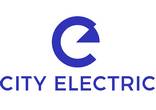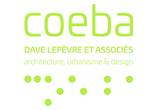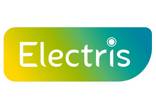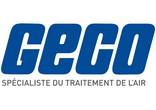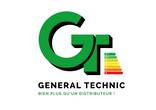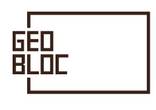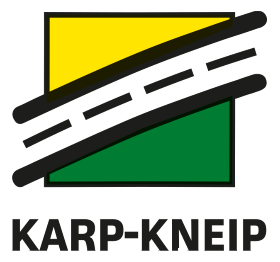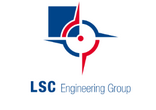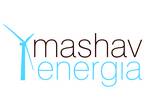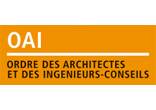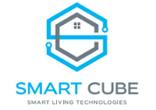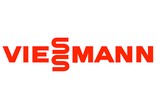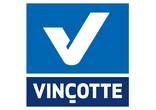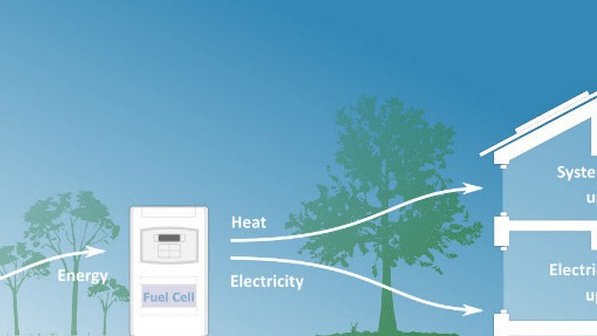
EU ene.field project demonstrates that fuel cell micro-cogeneration is ready to contribute towards Europe’s energy and climate objectives
Major European field trial, ene.field project, concludes that Fuel Cell micro-Cogeneration deserves a place in the line-up of key energy solutions for the future energy system. The Final Dissemination Event on 11 October 2017 in Brussels, Belgium, showcased ene.field findings and outlined next steps for the sector reaching mass commercialisation, based on the successful installation, operation and support of more than 1,000 fuel cells across 10 European countries.
Fuel Cell micro-Cogeneration is a home appliance simultaneously producing power and heat for your house or small business. The ene.field Final Dissemination Event, organised in partnership with the Fuel Cell and Hydrogen Joint Undertaking (FCH JU), presented the key findings of ene.field project, and introduced the PACE project which builds on ene.field’s success. The wider energy industry and the research community and the EU, will have invested together more than €140 million in these projects by 2020. Both projects bring together major manufacturers from across Europe in a market development activity.
“Fuel cell micro-Cogeneration is reliable, it works and is now available in key European markets.” said Hans Korteweg, Managing Director of COGEN Europe, the Co-ordinator of ene.field project. “The ene.field project in particular has successfully installed and monitored more than 1,000 fuel cell micro-Cogeneration units, having registered more than 5.5 million hours of reliable operation. By learning the practicalities of installing and supporting a fleet of fuel cells with real customers, ene.field partners have taken a decisive step before manufacturers can begin commercial roll-out.”
“Major European manufacturers, supported by the FCH JU at the EU level and key European national governments, are now committed to bringing the technology closer to mass market by increasing scale and achieving further product cost reductions. PACE will enable manufacturers establish Fuel Cell micro-Cogeneration as a standard technology by installing more than 2,500 units across Europe.”
Over the past five years, the EU co-funded ene.field project has deployed and monitored over 1,000 new installations of residential Fuel Cell micro-Cogeneration across 10 key European countries. It represents a step change in the volume of fuel cell deployment for this sector in each country. By learning the practical implications of installing, operating and supporting a fleet of fuel cells with real world customers, ene.field has demonstrated the environmental and economic imperative of Fuel Cell micro-Cogeneration, and laid the foundations for market exploitation.
The final dissemination event also highlighted the need to develop the right policy framework to encourage wide deployment of this technology in Europe. Achieving the EU climate and energy transition will depend on enabling a mix of technologies to work together and complement each other. Fuel Cell micro-Cogeneration provides a unique combination of heat and power and the existing policies tend to treat these two elements separately and differently, and cannot adequately deal with a combined device. Therefore, a policy framework should be developed which creates a level playing field where renewables, decarbonisation and efficiency can be delivered across different technologies and energy vectors (e.g. electricity, heat, gas). Key policy recommendations are available in the ene.field Policy Report published today.
*Micro-Cogeneration refers to the small-scale simultaneous production of heat and power for commercial and public buildings, apartments and individual houses. These units meet demand for both space heating and hot water whilst providing electricity to supplement or replace the grid supply. A fuel cell is a device that converts the chemical energy from a fuel into electricity through an electrochemical process. It combines hydrogen produced from a fuel, in this case natural gas, and oxygen from the air to produce electricity and heat. The fuel cell systems offer many potential benefits as a distributed generation system. This technology offers benefits such as electricity generation, carbon savings, easy installation, similar service and maintenance costs to a standard boiler, and many more.
About ene.field
The ene.field project is the largest European demonstration project of the latest smart energy solution for private homes, micro-CHP. It will see up to 1,000 households across Europe able to experience the benefits of this new energy solution. The five-year project uses modern fuel cell technology to produce heat and electricity in households and empowers them in their electricity and heat choices.
The ene.field project is co-funded by the Fuel Cells and Hydrogen Joint Undertaking (FCH JU) and brings together 27 partners, including 10 European manufacturers who will make the products available across 11 European countries.
The research leading to these results has received funding from the European Union’s Seventh Framework Programme (FP7/2007-2013) for the Fuel Cells and Hydrogen Joint Technology Initiative under grant agreement n. 303462.
Communiqué par www.enefield.eu










